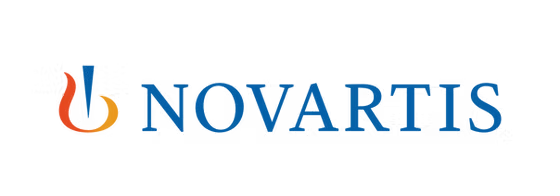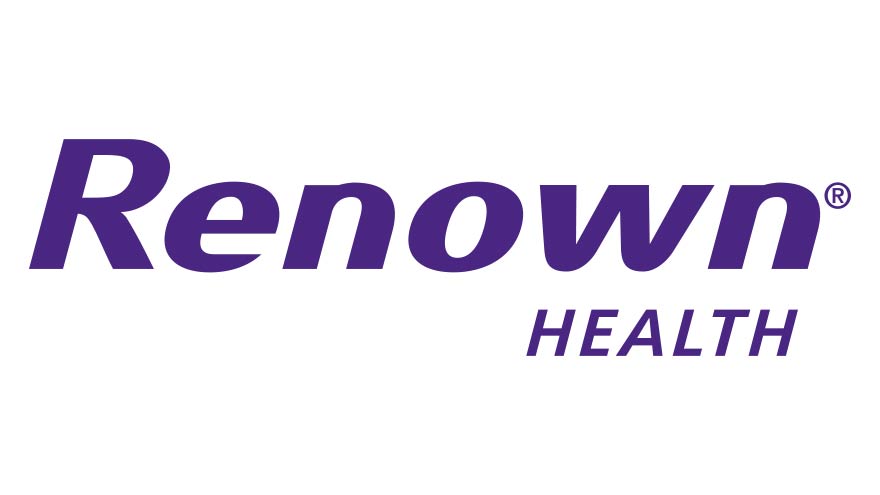
16 Mar 2024
Recruitment Process Outsourcing (RPO) is a strategic approach adopted by many companies to handle their hiring processes. It involves outsourcing some or all of the recruitment tasks to an external service provider. The goal is to leverage the specialized expertise, technology, and resources offered by these providers to streamline the hiring process and enhance overall efficiency.
While RPO presents several advantages, it is crucial to be aware of the potential challenges associated with this approach. In this detailed exploration, we will delve into the common issues with RPO to help organizations make well-informed decisions regarding their recruitment strategies.
Understanding RPO:
RPO encompasses a range of activities, including candidate sourcing, screening, interviewing, and onboarding. It offers companies the opportunity to benefit from cost savings, scalability, and the expertise of external providers. However, despite these advantages, there are notable challenges that organizations must navigate when considering RPO.
1. Loss of Control and Oversight:
RPO can be a double-edged sword, providing efficiency gains but posing a risk of diminished control over the hiring process. While the intention is to save time and money, organizations may find themselves facing a lack of transparency in candidate sourcing. This raises concerns about whether the RPO provider truly understands the organization's culture and values. Without proper oversight, the quality of the recruitment process may be compromised.
To address this challenge, organizations should prioritize clear visibility into the recruitment process. Establishing effective communication channels with the RPO provider throughout the hiring cycle is essential. This ensures that organizations remain connected to the hiring process and can gather valuable insights for informed decision-making.
2. Risk of Cultural Misalignment:
RPO providers may struggle to grasp the unique culture, values, and hiring requirements of an organization. This misalignment can result in challenges when sourcing and selecting candidates who are the best fit. Additionally, there is a risk of creating non-inclusive job descriptions and contributing to biased hiring practices.
Mitigating this risk involves selecting an RPO provider willing to invest time in understanding the organization's culture deeply. Providers equipped with this knowledge can identify high-quality candidates who seamlessly align with the organization's values.
3. Lack of Industry or Company Expertise:
RPO providers may lack in-depth knowledge of a specific industry or company, impacting their ability to find suitable candidates and cultural fits. When considering RPO service providers, organizations should prioritize those with a proven track record in their industry.
Providers with industry-specific expertise offer valuable insights, strategies, and best practices tailored to the unique challenges and requirements of recruiting within that sector.
4. Cost Considerations:
While RPO is often viewed as a cost-effective solution, it is essential to recognize the various costs associated with outsourcing recruitment activities. Long-term contract commitments and inflexible terms may lead to complications if hiring goals change. Conducting a thorough cost-benefit analysis is crucial to determining whether RPO is the most appropriate and cost-effective approach for a company's recruitment needs.
5. Potential for Internal Disruption:
Incorporating RPO into an organization can be a complex process, potentially causing disruptions, especially if the company has an existing in-house recruitment model. Careful planning and systematic execution of the RPO implementation are vital to minimizing disturbances to existing recruitment processes. Ensuring a smooth and successful transition requires meticulous attention to detail.
6. Fast Hires vs. Quality Hires:
RPO providers may prioritize filling positions quickly, raising concerns about the potential compromise in the quality of hired candidates. The pursuit of quantity over quality can result in high turnover rates and decreased job satisfaction among new hires.
To strike a balance, organizations should collaborate with RPO providers that prioritize both speed and quality in the hiring process. Providers with expertise and advanced hiring technology can efficiently source and screen top-quality candidates within the desired timeframe.
7. Scalability Issues:
Selecting an RPO provider capable of adapting to a company's hiring pace during periods of rapid growth or economic downturns is a critical consideration. Organizations must choose a provider or solution that offers flexibility to meet evolving needs, ensuring a streamlined and effective hiring process regardless of external challenges.
8. Privacy and Data Security:
Sharing sensitive candidate or internal HR data with an RPO provider introduces potential data security risks. Organizations must conduct thorough research to identify credible RPO providers with positive referrals. Additionally, verifying the provider's track record in prioritizing and adhering to data protection regulations, such as SOC 2, GDPR, HIPAA, or other relevant industry standards, is crucial.
In Conclusion:
In the conclusion, we underscore the importance of careful evaluation and decision-making, emphasizing how TriOptus, as a trusted partner, can guide organizations through these challenges. By understanding the nuanced landscape of RPO, companies can leverage its advantages while strategically addressing potential drawbacks in their quest for the right talent.











Comments (0)